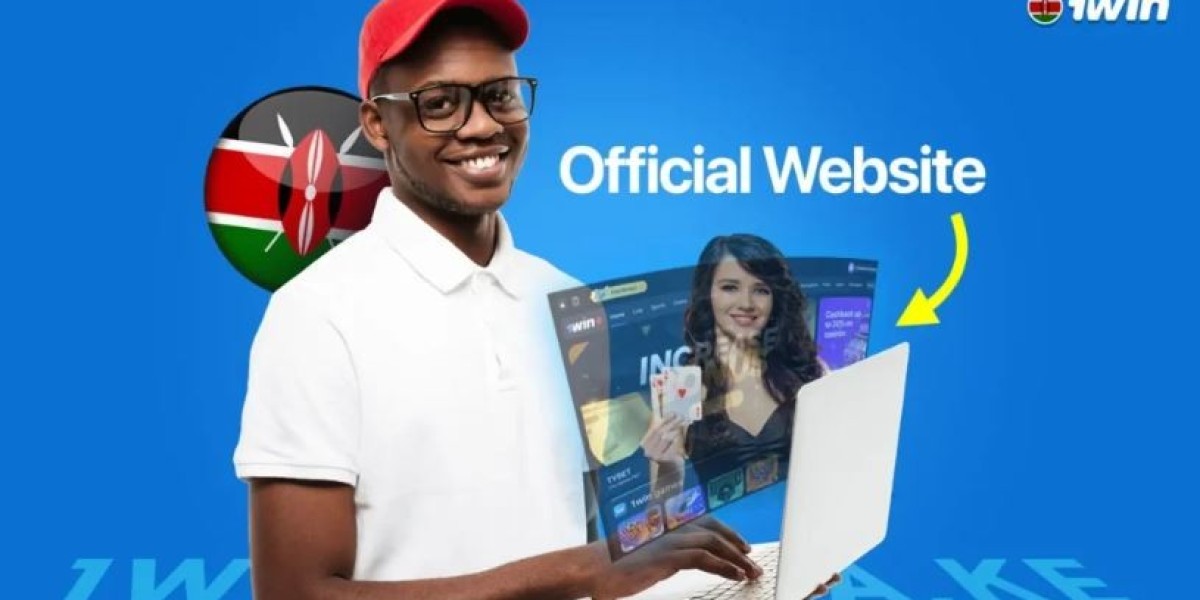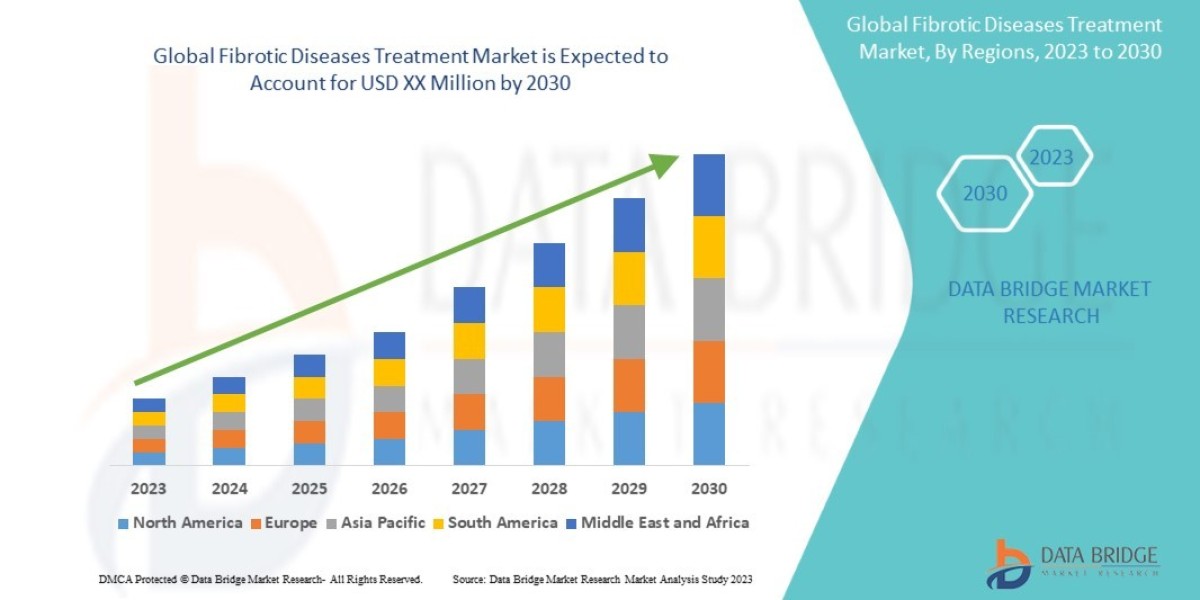A Pathway to Practical Learning
In an evolving world where education and industry are becoming more closely aligned, the traditional examination methods are increasingly viewed as outdated. The growing demand for practical, job-ready skills has led to a shift toward more flexible and competency-based learning models. Among the pioneers of this educational revolution are FPX Assessments—a system designed to provide students with a more relevant, personalized, and practical learning experience.
FPX, or FlexPath Experience, is an innovative approach to assessing student learning that breaks away from conventional, rigid methods. It empowers learners by offering them the opportunity to progress at their own pace while demonstrating their understanding through meaningful, real-world assignments rather than timed exams or standard tests.
Traditional assessments often place immense pressure on students to memorize content, perform well under tight time constraints, and produce results that might not reflect their actual capabilities. These methods reward short-term memory more than long-term understanding. On the other hand, FPX Assessments focus on mastery-based progression, where students move forward only after fully demonstrating their knowledge and skills.
One of the most compelling aspects of FPX Assessments is their flexibility. Students are not bound to a classroom schedule. Instead, they are free to manage their own time, work at their own speed, and choose when to submit their assignments. This flexibility is especially beneficial for non-traditional students such as working adults, parents, and those with other life commitments. Learning becomes adaptable rather than restrictive.
Rather than testing students with standardized questions, FPX Assessments typically consist of projects, case studies, presentations, and real-world tasks. For example, a student studying project management might be asked to create a full project plan, complete with timelines, risk assessments, and budget projections. Similarly, a student pursuing a healthcare degree may develop a comprehensive care plan for a patient scenario. These assignments reflect actual industry challenges, encouraging learners to apply critical thinking, creativity, and professional judgment.
This kind of practical learning prepares students not only to earn a degree but also to excel in their careers. By solving problems they are likely to face in the real world, students gain confidence and hands-on experience, making them more attractive to potential employers. Furthermore, these assessments help students build portfolios of completed work, which can be showcased during job applications or interviews as evidence of their capabilities.
Another cornerstone of the FPX model is continuous feedback and improvement. Students are not penalized for making mistakes but are encouraged to learn from them. Each submission is reviewed with detailed, personalized feedback from instructors, allowing students to refine and resubmit their work until they meet the required competency level.
This process promotes a growth mindset—a belief that abilities and intelligence can be developed through effort and learning. Instead of fearing failure, students become more open to learning from their errors, seeking guidance, and improving. This mindset is crucial not just for academic success but for lifelong learning and adaptability in any profession.
The FPX system also fosters stronger student-instructor relationships. Instructors serve more as mentors or coaches, guiding learners through their journey and providing individualized support. This dynamic creates a more supportive learning environment, where students are not just another number in a classroom but individuals with unique learning paths and goals.
The shift to FPX Assessments also aligns with the broader movement toward competency-based education (CBE). In CBE, progress is measured by the ability to demonstrate specific skills and knowledge—not by time spent in a classroom. This ensures that all graduates meet a consistent standard of quality and are fully prepared for professional roles in their fields.
Technology plays a central role in the FPX model. Through online learning platforms, students access study materials, interact with instructors, and submit their assessments from anywhere in the world. These digital tools also allow for tracking progress, setting milestones, and staying organized—essential components for a self-paced learning experience.
Despite its advantages, the FPX model does come with its share of challenges. For instance, it demands a high level of self-motivation, time management, and discipline. Without the structure of fixed schedules, some students may find it difficult to stay on track. Procrastination can be a major barrier, especially when there are no immediate deadlines pushing students to complete their work.
To overcome this, support systems such as academic advisors, success coaches, and progress monitoring tools are crucial. These support services help students develop study habits, set achievable goals, and stay motivated throughout their learning journey.
Another challenge is the access to technology. Since FPX is entirely online, students need reliable internet access and basic digital literacy. Those without access to necessary devices or digital skills may find it difficult to fully engage with the learning process. Institutions offering FPX must ensure they provide adequate resources, training, and tech support to bridge this gap.
FPX Assessments are not only changing how students learn but also how educators teach. Instructors must shift from content deliverers to facilitators of learning. They need to provide constructive feedback, evaluate diverse types of assignments, and support students as they progress at different rates. This requires a different set of teaching skills and a strong commitment to student-centered learning.
From an institutional perspective, adopting FPX requires a significant transformation in curriculum design, staff training, and academic policies. Programs must be redesigned around learning outcomes, and assessment strategies must be clearly defined and aligned with real-world competencies. While this transformation can be complex and time-consuming, the long-term benefits for student success and institutional reputation are well worth the investment.
The FPX model is also contributing to a more inclusive and equitable education system. By removing barriers such as rigid schedules, standardized exams, and one-size-fits-all learning, it opens doors for a broader range of learners. Students from different backgrounds, ages, and life situations can now pursue education in a way that fits their realities.
Furthermore, FPX is ideal for promoting lifelong learning. In a world where industries are evolving rapidly and new skills are constantly required, professionals need to keep learning throughout their lives. FPX’s self-paced, skill-focused approach is perfectly suited for upskilling and reskilling, making it a valuable tool for career advancement and adaptability.
Looking to the future, FPX Assessments are likely to become even more sophisticated. Emerging technologies such as artificial intelligence, machine learning, and virtual reality could enhance the FPX experience by offering instant feedback, adaptive learning paths, and immersive simulations. These innovations could make learning more engaging, personalized, and effective.
AI-based tools might analyze student performance in real time, suggesting resources, identifying weak areas, and predicting when a student might need additional support. Virtual reality could simulate real-life work environments, such as a hospital, courtroom, or corporate boardroom, allowing students to practice skills in a safe and controlled setting.
In conclusion, FPX Assessments represent a bold and necessary step toward modernizing education. By focusing on flexibility, mastery, and real-world relevance, they provide a more meaningful and effective learning experience. They empower students to take control of their education, grow through feedback, and prepare for careers with confidence.
As more institutions adopt FPX and similar models, education will become more responsive to individual needs and global challenges. Whether you're a student seeking a better way to learn, an educator aiming to make a deeper impact, or an institution looking to innovate, FPX offers a powerful blueprint for the future of learning.








